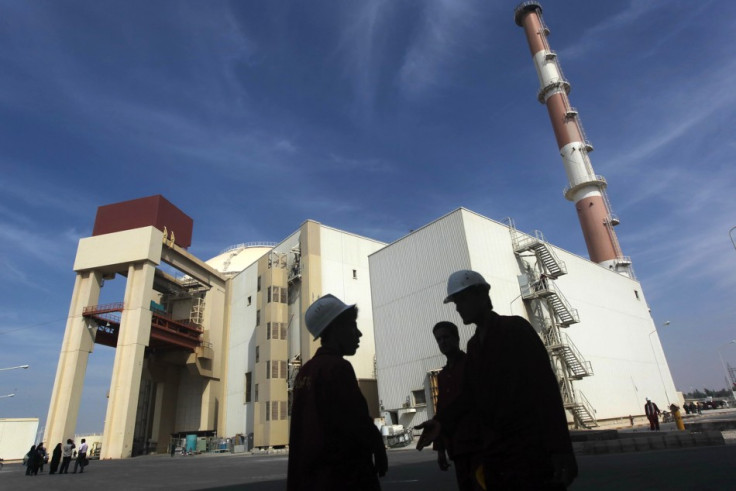Iran P5+1 Nuclear Talks: From Istanbul to Almaty
P5+1 countries have struggled to strike a deal with Iran over several months
The latest round of talks between Iran and members of the P5+1 group (the US, Britain, France, Russia and China + Germany) took place in the Kazak city of Almaty.
However, these discussions have yet again failed to provide any breakthrough. The Almaty discussions were part of nearly half-a-dozen rounds of talks, between the concerned parties, in less than two years.

Tehran was urged to halt its nuclear enrichment programme before the uranium reached 20 percent purity, in return for some relief from US-orchestrated sanctions, a proposal which was rejected by the Iranians. The government continues to insist its nuclear programme is meant for civilian use only but critics say that is a cover for production of nuclear weapons.
The first round of talks between Tehran and the six nuclear powers took place in April last year, in Istanbul, the second largest city in Turkey. And these, so far, have been the only discussions to end on a "constructive" note.
The only positive outcome of the Istanbul talks, which took place after a 15-month standoff, was to pave way for further talks across various cities. US President Barack Obama called the Istanbul discussions as the "last chance" for the diplomacy's role in a stalemate.
Both sides dubbed the first round of talks "successful" and "useful", although the key contentious elements of Tehran's nuclear programme have remain unchanged since the beginning. The second round of discussions took place in the Iraqi capital in the following month but the negotiations failed to bring both sides together.
"It is clear that we both want to make progress, and that there is some common ground. However, significant differences remain. Nonetheless, we do agree on the need for further discussion to expand that common ground," the European Union's foreign policy chief, Catherine Ashton, said soon after the meeting.
And nearly a year later little has changed despite many rounds of talks between the two sides.
Reiterating her own statement, Ashton said, after the recent Almaty talks, the two sides were "far apart on the substance" despite "long and intensive discussions".
The June talks, in the Russian capital of Moscow, ended on a more pragmatic note when Tehran said it was "more realistic and serious"
A second round of talks in Istanbul, in July also failed to break barriers and Iran continued to brave crippling sanctions on its vital oil-based economy. And following inconclusive talks in Istanbul and now Almaty, Washington continues to tighten its screws on Iran over the controversial nuclear programme.
The latest round of talks, in Kazakhstan's former capital, Almaty, concluded without any positive sign. Delegates from both sides did not even decide on the next round of talks, which is usually not the pattern.
At the end of the two-day meeting, Iran said: "The Islamic Republic of Iran has announced on numerous occasions - stressing the rights of the Iranian people including the right to enrich and an end to behaviours which are a sign of enmity towards the people of Iran - based on these two points, the proposal was tabled to help us to proceed in a constructive fashion."
© Copyright IBTimes 2025. All rights reserved.






















